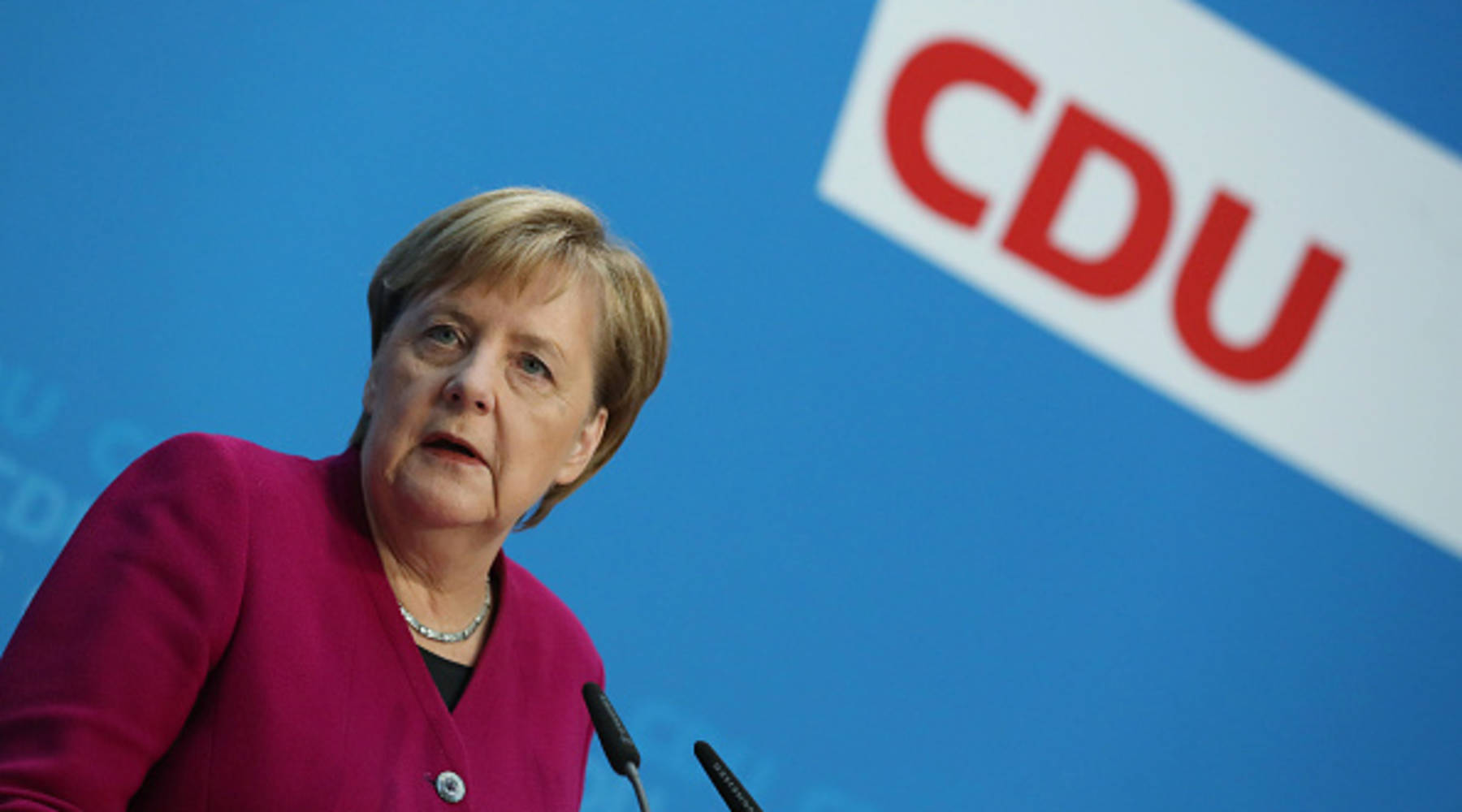Germany’s Merkel likely to win election
TEXT OF INTERVIEW
Kai Ryssdal: German Chancellor Angela Merkel ducked out of the G-20 a little bit early today. It was an excused absence, though. She’s got elections coming up back home. Europe’s biggest economy goes to the polls on Sunday.
Marketplace’s Stephen Beard is on the line from London to tell us about it. Hello Stephen.
Stephen Beard: Hello Kai.
Ryssdal: You know, the German economy has been in a recession as bad as anybody else’s. Angela Merkel was in charge when all of that happened. Will she escape any political blame for it?
Beard: She seems to have done already. I mean, her message to the German people during the campaign and since the crisis began has been: It wasn’t our fault, it was the foreigners who are to blame. It was excesses in other countries that got us into trouble. Of course, she’s talking about us there, the U.S. and Britain. Excessive bankers’ bonuses and risk-taking. Consequently, she’s not being blamed for any of the crisis.
Ryssdal: If that’s the case, then what is at stake for Germany and the German election?
Beard: Well, she seems almost certain to emerge as chancellor after the election. The political complexion of her government, though, is in doubt. Because she’s far more popular than her conservative party, the Christian Democrats, she will have to govern in a coalition.
She would dearly like to come out of this election in coalition with a smaller, conservative party called the Free Democrats. They’re more market oriented, they would allow her to pursue some of the economic policies she’s been unable to adopt over the past four years — tax cuts, spending cuts, slimming down the government bureaucracy, making the German economy more competitive. That’s what she wants and that’s what’s at stake.
Ryssdal: The polls are closing though, they are narrowing a bit. What are the odds that she’s going to get her wish to be able to take the German economy and the political system there to the right a little bit?
Beard: Well, the polls have been on an absolute knife edge. I mean, this really, unusually for a German election is really beginning to look quite exciting. It’s still not clear whether this smaller conservative party that, the Free Democrats, are going to get enough votes to form a real conservative coalition with Merkel. Or whether she’s going to wind up, once again, having to form a government with this left-of-center party.
Ryssdal: There’s been a lot of talk about the Germans wanting to diversify their economy — get away from manufacturing and exports. Is this election going to change any of that?
Beard: Yes, possibly, because if Merkel does wind up in the embrace, the unwanted embrace of the left of center party, the SPD, that is very likely to paralyze politics in Germany and certainly prevent Merkel from pursuing the kind of reforms that she thinks will get Germany into better shape, so it is reliant on exports and less vulnerable to these downturns in international trade.
Ryssdal: Stephen Beard at the Marketplace European desk in London. Thank you Stephen.
Beard: OK Kai.
There’s a lot happening in the world. Through it all, Marketplace is here for you.
You rely on Marketplace to break down the world’s events and tell you how it affects you in a fact-based, approachable way. We rely on your financial support to keep making that possible.
Your donation today powers the independent journalism that you rely on. For just $5/month, you can help sustain Marketplace so we can keep reporting on the things that matter to you.

















